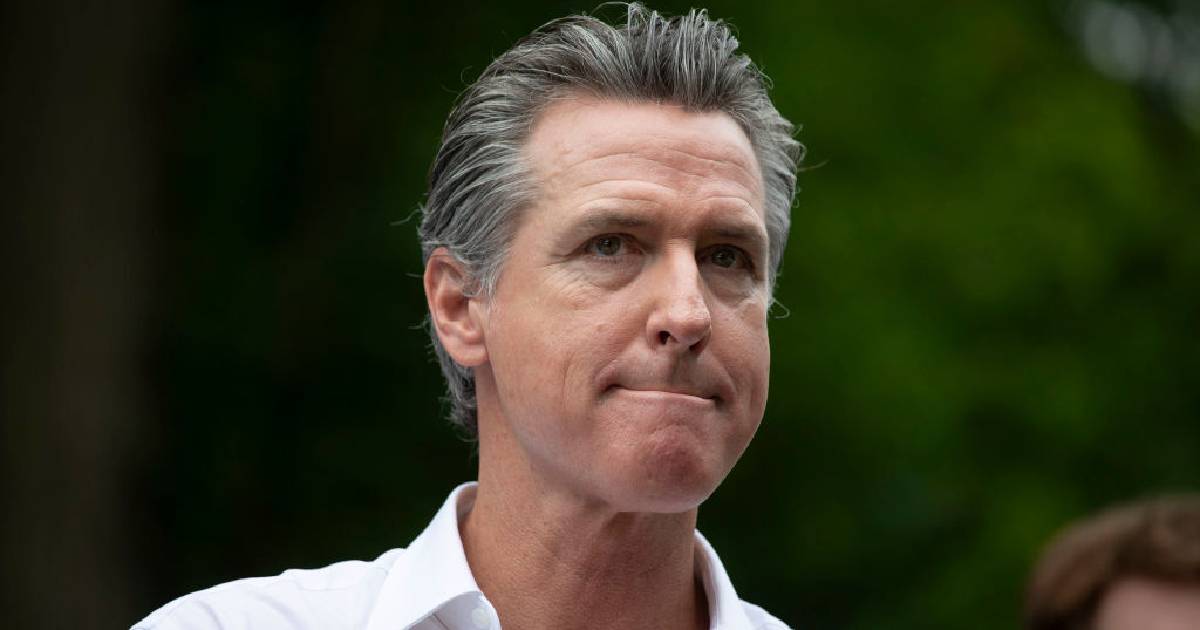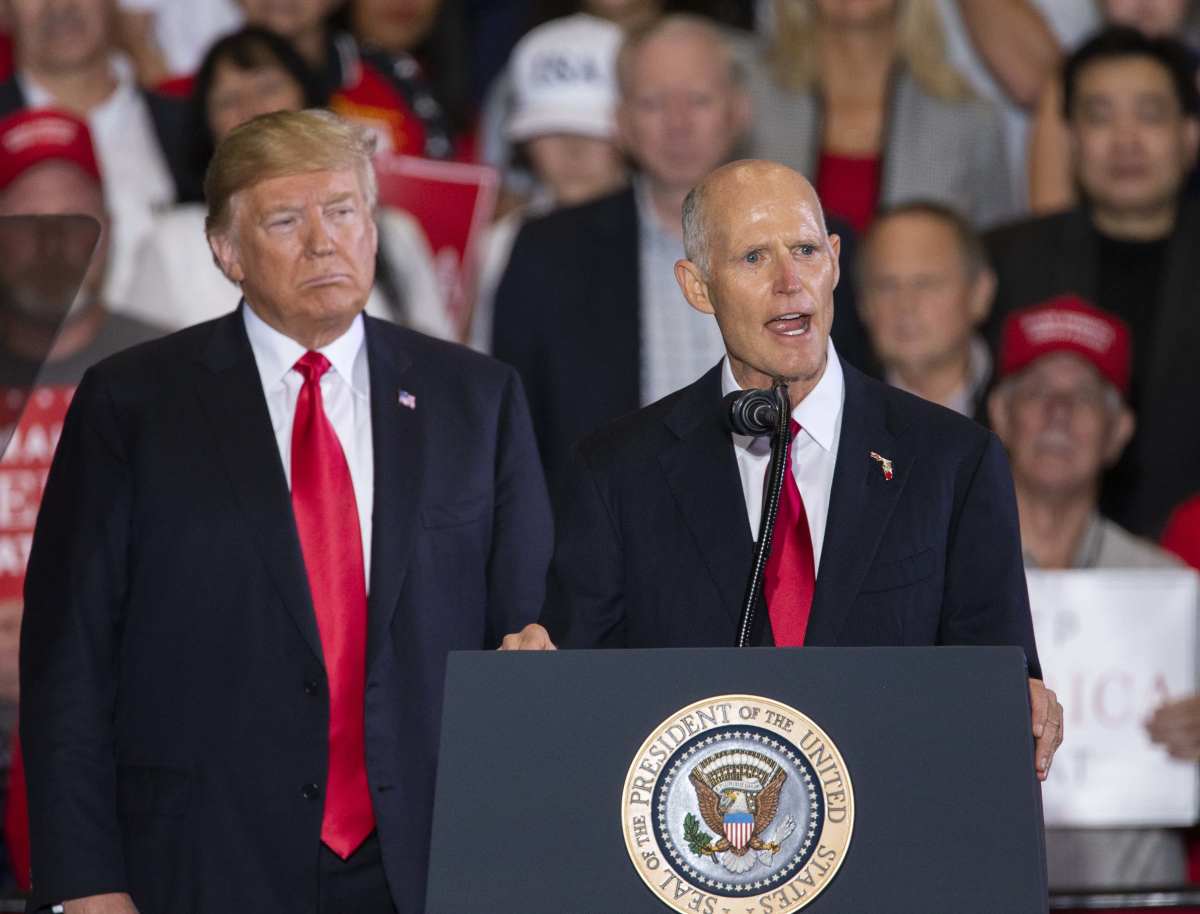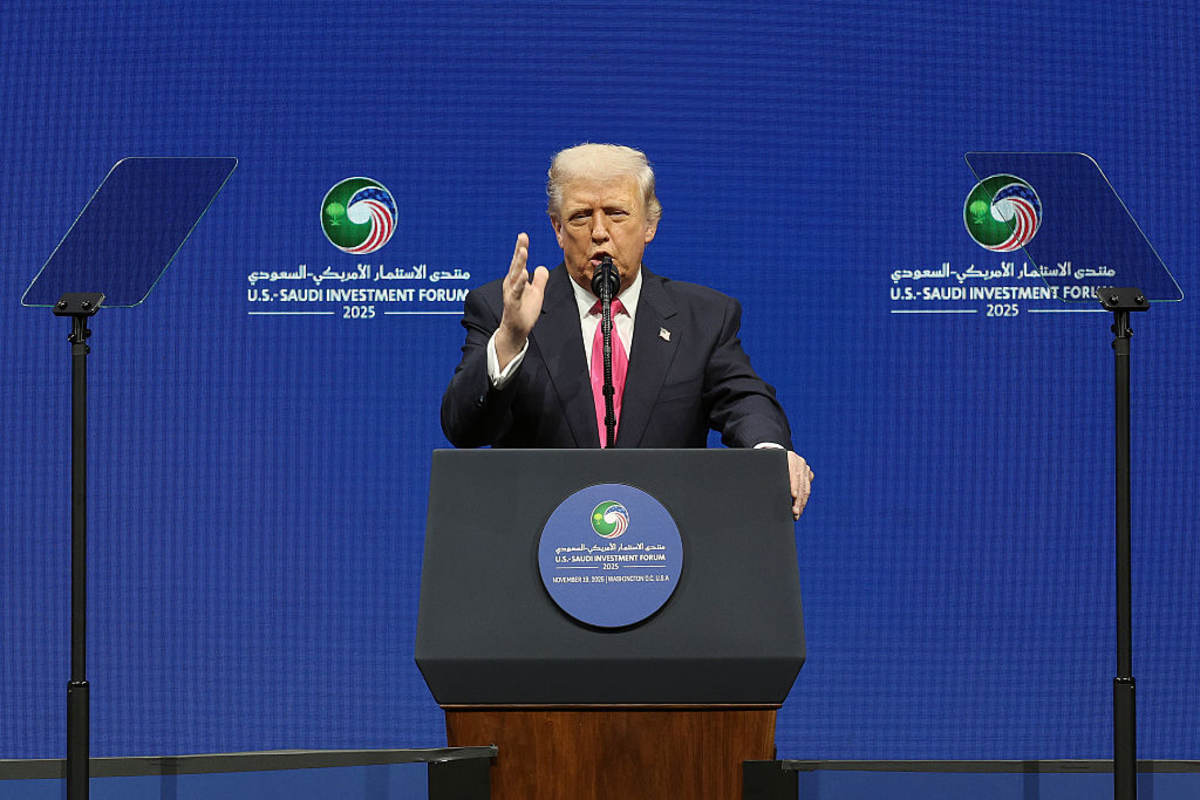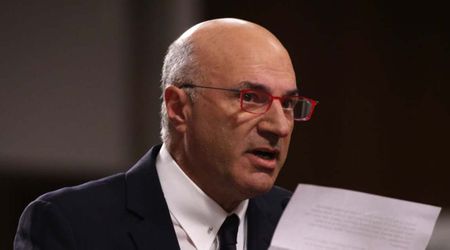Trump expands oil drilling and cuts wildlife protections as nations debate climate action at COP30

WASHINGTON, DC: As representatives from nearly 200 nations concluded the United Nations COP30 climate summit in Belém, Brazil, this week, for the first time, the United States sent no delegation.
Instead of participating, the Trump administration unveiled sweeping domestic proposals that expanded fossil fuel development and rolled back environmental and wildlife protection moves that stunned climate advocates and allies abroad.
Delegates had gathered to chart a global roadmap for phasing out fossil fuels, accelerating climate action, and holding warming to internationally agreed-upon limits.

Trump pushes new offshore drilling and weakens wildlife rules
The Trump administration announced plans to open new oil and gas drilling off California and Florida for the first time in decades, alongside major rule changes to reportedly restrict the Environmental Protection Agency’s authority and weaken the Endangered Species Act.
Speaking to NBC News, the White House defended the moves, calling them “historic” steps to advance Trump’s “energy dominance agenda.”
“President Trump is reversing government overreach, restoring energy security, and protecting American jobs by rolling back excessive, burdensome regulations and creating new opportunities to ‘DRILL, BABY, DRILL,’” White House spokesperson Taylor Rogers said in a statement.

“President Trump serves the American people, not radical climate activists who have fallen victim to the biggest scam of the century,” he added.
Jessie Ritter of the National Wildlife Federation told the outlet that the administration rolling back protections was refusing to confront the climate crisis in a serious way.
“These rules double down on the administration’s refusal to confront the climate crisis in a serious way and, in fact, move us in the opposite direction,” said Ritter.

Members of the GOP and Democrats unhappy with Trump's plan
The proposal to reportedly open 1.27 billion acres of coastal waters to drilling drew swift resistance, including from within Trump’s own party.
Florida Sen Rick Scott warned that any plan must preserve the moratorium on drilling off Florida's coasts to protect tourism, the environment and military training zones.

“Florida’s beautiful beaches and coastal waters are so important to our state’s economy, environment, and military community, which is why I have fought for years to keep drilling off Florida’s coasts and worked closely with President Trump during his first term to extend the moratorium banning oil drilling off Florida’s coasts through 2032,” he said in an X post.
Florida’s beautiful beaches and coastal waters are so important to our state’s economy, environment, and military community, which is why I have fought for years to keep drilling off Florida’s coasts and worked closely with President Trump during his first term to extend the…
— Rick Scott (@SenRickScott) November 20, 2025
“I have been speaking to @SecretaryBurgum and made my expectations clear that this moratorium must remain in place, and that in any plan, Florida’s coasts must remain off the table for oil drilling to protect Florida’s tourism, environment, and military training opportunities,” he added.
California Gov Gavin Newsom was more blunt, calling Trump’s plan “idiotic” and vowing to block drilling offshore.
“Donald Trump's idiotic proposal to sell off California's coasts to his Big Oil donors is dead in the water. We will not stand by as our coastal economy and communities are put in danger,” he said.
Donald Trump's idiotic proposal to sell off California's coasts to his Big Oil donors is dead in the water.
— Governor Gavin Newsom (@CAgovernor) November 20, 2025
We will not stand by as our coastal economy and communities are put in danger. https://t.co/ZMZql40nIS
Three days before the drilling proposal, the administration unveiled new limits to the Clean Water Act that would remove federal protections from most small streams and wetlands.
The rule would redefine which bodies of water qualify as “waters of the United States,” a move critics said would leave the nation with the weakest freshwater safeguards since 1972.

Endangered Species Act seemingly targeted in third major rollback
The administration also proposed four rules that would allegedly weaken the Endangered Species Act, making it easier to remove species from the endangered list, harder to add new ones and allow economic considerations in listing decisions.
Environmental groups claimed that these changes undermined decades of bipartisan conservation efforts and could destabilize ecosystems nationwide.










